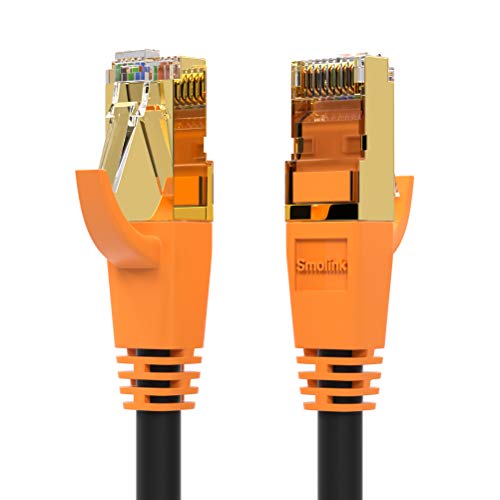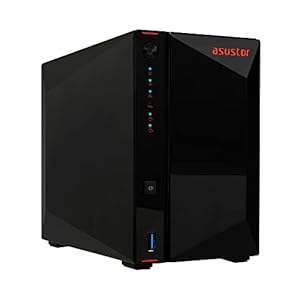Devices
“Network Attached Storage (NAS) devices are compact storage solutions that provide centralized storage and file sharing capabilities in a networked environment. These devices consist of small boxes or enclosures, each equipped with multiple drive bays, ports for connectivity, and status indicator lights.
NAS devices are designed to be connected to a local network using Ethernet cables, enabling them to be accessed by multiple devices such as computers, laptops, and mobile devices. They offer a convenient and efficient way to store, manage, and share files across the network.
The drive bays in NAS devices allow for the installation of hard drives or solid-state drives (SSDs). Users can choose the storage capacity and type of drives that best suit their needs, providing flexibility and scalability for their storage requirements. Some NAS devices even support hot-swapping, allowing drives to be added or replaced without shutting down the system.
NAS devices often come with embedded operating systems and user-friendly interfaces, making it easy to configure settings, manage storage, and set up access controls. Users can create user accounts, define access permissions, and establish shared folders for collaboration and file sharing purposes.
These devices offer various features and functionalities to enhance data management and accessibility. They can support RAID (Redundant Array of Independent Disks) configurations for data redundancy and protection against drive failures. Additionally, many NAS devices offer advanced data protection mechanisms, including built-in backup and snapshot capabilities.
NAS devices can also provide additional services such as media streaming, remote access, and cloud integration. Some models support applications that extend their functionality, such as file synchronization, virtualization, surveillance, and more.
These devices are commonly used in both home and business environments. In homes, NAS devices serve as central storage for multimedia files, backups, and file sharing among family members. In businesses, NAS devices are employed for shared storage, data backup, collaboration, and hosting applications or databases.
In summary, Network Attached Storage (NAS) devices offer compact and centralized storage solutions with extensive file sharing capabilities. These devices enhance data management, collaboration, and accessibility in networked environments, catering to both personal and professional storage needs.”
Showing 1–12 of 123 results
















